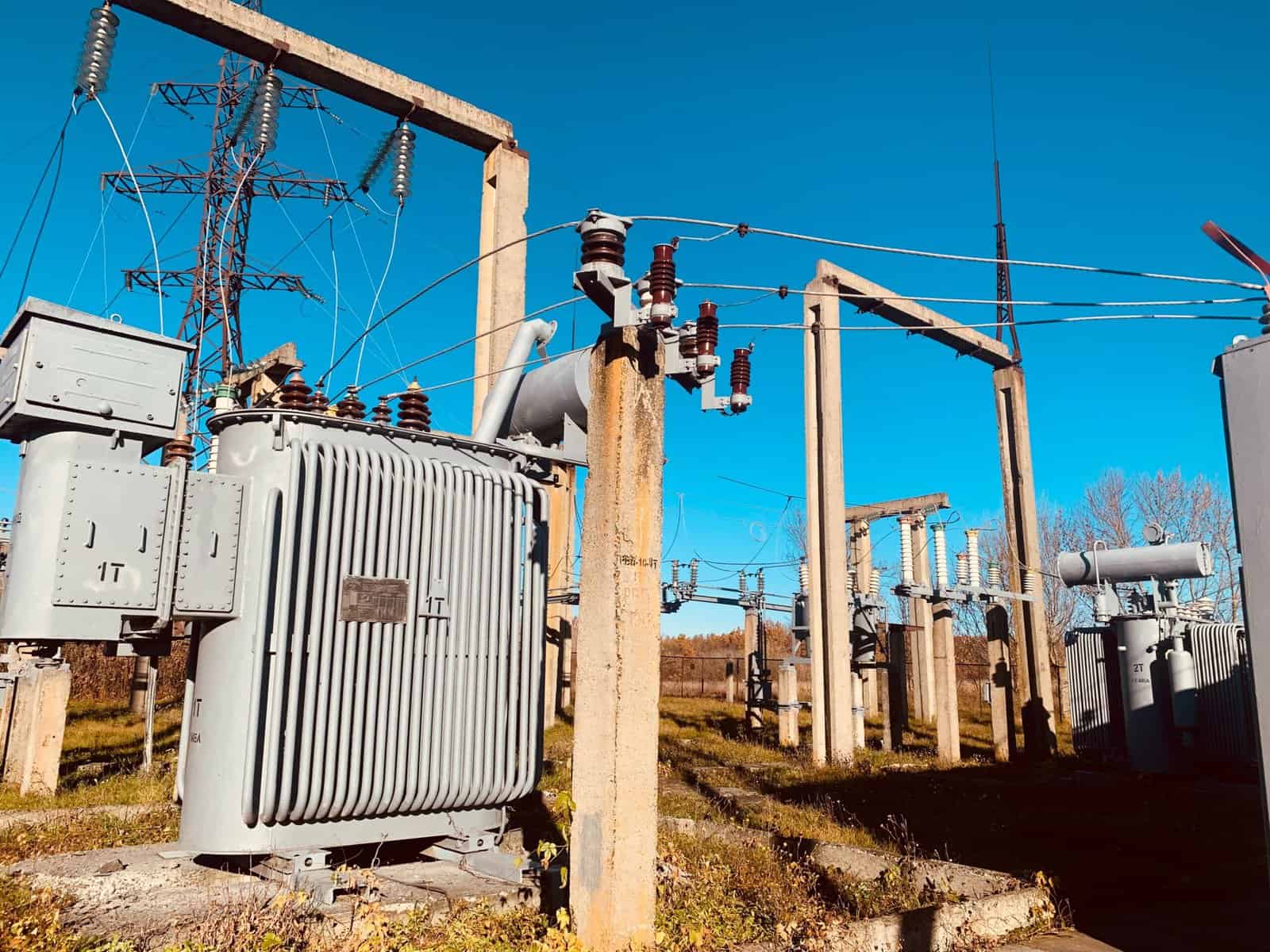LUDLOW, Vt. – The meeting of the Ludlow Electric Light Department’s Board of Commissioners on Thursday, July 27, was standing-room only; the small conference room at 9 Pond Street being just large enough to hold the number of concerned ratepayers who had turned up to voice their concerns.

Ludlow’s electric rates are notably inexpensive, particularly by comparison to Green Mountain Power (GMP), which serves a number of the surrounding communities. However, by the board’s admission, Ludlow struggles to retain personnel at the electric department, due in large part to their “significantly lower” pay than GMP and other electric providers. While Ludlow pays to train staff, this investment is often undercut when those trainees leave for better-paying jobs with other utility companies once they have the necessary qualifications. Several solutions were suggested by those present, including contracts that stipulated a certain number of years to be spent at Ludlow once training was completed.
Resident Jean Strong questioned the board concerning their February meeting, asking why, according to the meeting minutes, a proposal presented by foreman Brett Sanderson to increase the pay rate for “outside help in an effort to get wages aligned with surrounding utilities” was not acted upon. She noted that payroll makes up only 9.5% of the department’s budget, and also pointed out that there was not a motion made prior to discussion, which is a prerequisite under Robert’s Rules. Vice Chairman Robert Brandt pleaded “inexperience” in this regard, saying he was unaware that a motion needed to be introduced prior to discussion. Brandt also claimed to recall that the board had increased pay in December of 2022, but “that was several months ago, and I can’t tell you what I did yesterday.” Strong suggested adding a motion to increase pay onto the agenda for the August board meeting, which met with silence from the board.
Further discussion centered primarily on ways in which the department could cut costs, or raise revenue, in order to generate enough money to pay employees commensurate with their peers at surrounding utilities. The general consensus in the room was that ratepayers would prefer to see their rates raised modestly in order to properly retain staff, than to see Ludlow Electric fold due to staffing and other problems, and end up potentially paying significantly more for their electric bills through GMP.
“Sounds like it’s a no-brainer to get a two or three percent increase out to people before they’re paying double, and get [the staff] satisfied,” said resident Troy Caruso, responding to department manager Thomas Petraska’s assertion that GMP’s rates are more than twice Ludlow’s. Petraska noted, however, that a rate increase is not wholly within the purview of the board, and that it must be cleared with the Vermont Public Utility Commission (PUC) before it can take effect. Ludlow Electric filed for a 5.27% rate increase with the PUC in March, and according to Petraska, the process had only been halfway completed as of Thursday’s meeting. Part of the issue, Petraska said, is that Ludlow Electric has a reserve of $3 million, giving the state the impression that a rate increase is unnecessary, though he also told those in attendance that the electric department is operating at a loss of $800,000 in 2023, which would quickly deplete the reserve should the trend continue for the next several years.
There was also concern about the department’s expenditures, centered on the implementation of geographic information systems (GIS) by Ludlow Electric. These systems would allow the department to accurately map up-to-date information such as outages, usage, and other aspects of the power grid in real time. Ludlow has been paying $2,700 per month since 2020 – or over $75,000 total to date – to the Vermont Public Power Supply Authority (VPPSA), who are supposed to be implementing GIS systems for their members, of which Ludlow is one. However, according to Petraska’s update given to the board, VPPSA has “struggled” to implement the system, and despite the expenditures, the project is ultimately nonfunctional. Those in attendance questioned why the board had not sought alternative means of implementing the GIS system until now, while money continued to be spent on a product that had not been delivered. In Petraska’s report given to the board, he recommended that the department “opt out of the VPPSA GIS project, and adopt the NISC GIS program.” This would cost the department a $30,000 one-time fee, and $725 per month in licensing fees, as well as integrating with their current billing system.
The Ludlow Electric Light Department Board of Commissioners meets on the fourth Thursday of every month, at 4:30 p.m., at their 9 Pond Street office.